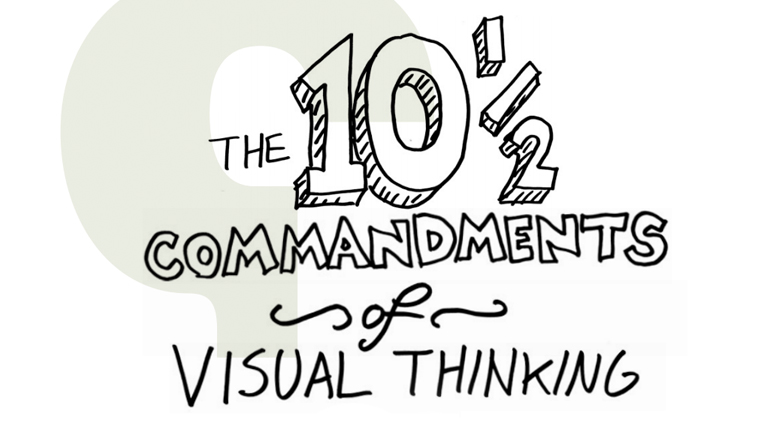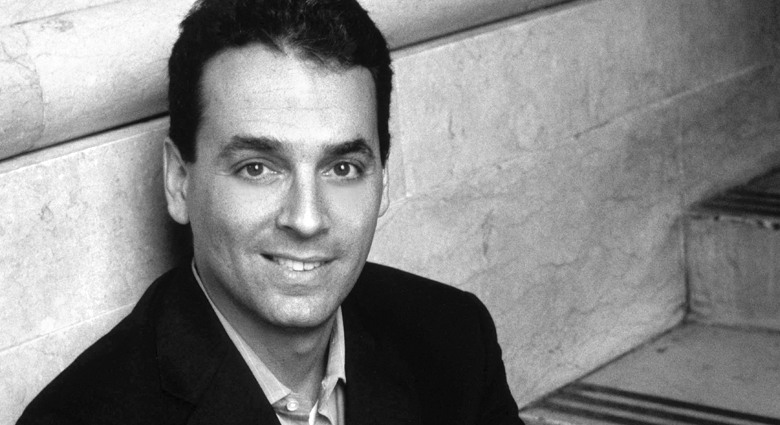What prompted you to write To Sell is Human ?
It was a mix of factors. Perhaps the greatest was just looking at my own calendar and realizing that I was spending much of my day doing things that kinda, sorta looked like selling. Another was feedback I’d received from readers after writing the book, DRIVE (which argued that certain types of widely used motivators often backfire). People asked about sales commissions - and I began looking into that topic. Finally, having written about business for nearly two decades, I’d interviewed lots of salespeople and almost none of them conformed to the stereotype. That always puzzled me and I wanted to find out what was going on.
On average, people are spending about 40% of their time selling
Why do you believe we are all in sales?
The evidence is pretty clear. We’re not all selling products and services directly. But if you look at what white-collar workers do all day on the job, a huge portion of it is persuading, convincing, cajoling, and influencing other people. One study I conducted shows that on average, people are spending about 40% of their time in this activity. Even though money doesn’t change hands and the cash register doesn’t ring, it’s very much like selling.
How has sales changed and what does this mean for everyone in a sales capacity?
The big change has been information. Most of what we know about sales comes from a world of information asymmetry — that is, the seller always had more information than the buyer. When the seller has that kind of edge, the buyer is at a big disadvantage because the seller can take the low road. However, in the last ten years, the information asymmetry that defined the sales relationship has begun disappearing. Almost every market for everything has moved toward greater information parity. In that world, the buyer and seller are more evenly matched - and the seller can no longer take the low road.
Can you explain the new ABC’s of selling?
This move from information asymmetry to information parity means that sales has changed more in the past 10 years than in the previous 100. I wanted to know how to succeed on this new terrain, so I went to large body of social science. Turns out there are three key personal qualities that seem to matter most. First, attunement: Can you take another’s perspective, see the world from their of view, and find common ground? Second, buoyancy: Sales is an ocean of rejection. Can you stay afloat in that ocean of rejection? Third, clarity: It used to be that having access to information gave you an edge. Today, everyone has access. What matters now is being able to curate information — to make sense of the welter of information buyers now confront.
What makes the best salespeople?
The conventional view is that extroverts make the best salespeople. But that is flatly wrong. There’s no evidence — none at all — that strong extroverts are effective salespeople. But that doesn’t mean that strong introverts are any better. What the evidence shows is that the most effective salespeople are “ambiverts” — those somewhat introverted and somewhat extroverted but not strongly one way or another. Ambiverts are more effective in sales because they’re more attuned. They know when to speak up, but also when to shut up. They’re ambidextrous and therefore more versatile and effective.
What role does ‘art’ play in sales?
I’ve been saying for a long time that artistic thinking is one of the most important cognitive abilities in today’s workforce. In particular, the rewards now go to people who can give the world something it didn’t know it was missing, which is what poets, painters, and composers do. The same is true for sales. What’s more, the skills of improvisational theater have been extremely important in sales. In fact, most of us would be better off skipping conventional sales training and taking an improv class instead.
What is the importance of problem finding vs. problem solving?
This is really important. In the old days, sales was partly about being a good problem-solver. But today, if your prospect or customer knows exactly what his problem is, he can probably find the solution himself. Where does he need you? When he’s wrong about his problem or he doesn’t know what his problem is. So the premium has shifted from the skill of problem-solving to what’s know as “problem-finding.” Can you identify hidden problems, surface latent problems. look around the corner and anticipate problems? This is now a key skill throughout white-collar work, including in sales.
Be sure you’re playing today’s game, not yesterday’s
What advice do you have for salespeople that are struggling in today’s business landscape.
In many respects, some sales is still a numbers game — so be persistent and stick with it. (A look at the research on buoyancy will give you some tips). Also, be sure you’re playing today’s game, not yesterday’s. Don’t try to be a glad-hander. Strong extroverts don’t make good sales people. Don’t rely on privileged access to information. Everyone has access to information. Instead, focus on understanding the prospect’s perspective and building expertise to become a better information curator and problem finder.
What are the biggest changes you have seen in the sales profession?
There are two of them, both brought on by the explosion of information and the automation of routine functions. The first, which we’ve already discussed, is the move from problem-solving to problem-finding. The second, which is related, is the heightened role of expertise. Especially in business-to-business sales, you have to be a genuine expert in whatever you’re selling. What’s more, you have to be able to go into that company and, in some sense, know their business better than the prospect him or herself.




.png)




What Did You Think?